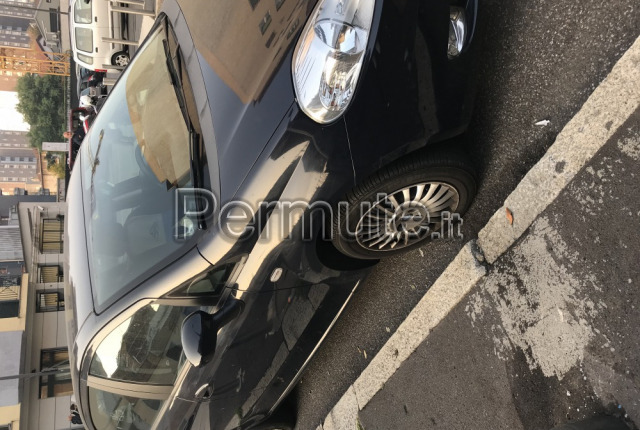

Familismo Legale: come non diventare italiani, Bari: Laterza. Journal of Modern Italian Studies, 9(1): 27– 48. A community out of balance: nationality law and migration politics in the history of post-unification Italy. Ten years of residence are required for non-EU foreigners to obtain Italian citizenship by jus domicilii and six months or three years-depending on whether the foreigner resides in Italy or abroad-for obtaining it by marriage (for a review of Italian citizenship acquisition see Pastore 2004 Pastore, F. Municipality of Milan 2005 Popolazione: Dati Statistici. Ecuadorians represented the fifth foreign community in the city, with 12,339 individuals (7.6 per cent) (Municipality of Milan 2005 On the 31 December 2005, Filipinos and Egyptians in Milan respectively totalled 26,633 (16.4 per cent of all foreigners residing in the city) and 20,979 individuals (12.9 per cent). However, given that most immigrants are foreigners because of an ethnic conception of citizenship, I think that it is reasonable to present a few introductory statistics on foreigners.ģ. Because official statistics are collected according to the citizenship held by individuals, I refer to ‘foreigners’ and not to ‘immigrants’.

At the same time, they may be involved in different types of mobilisation defending ethnic interests and identities but also issues and conditions related to gender, class and other cross-ethnic categories.Ģ. While I focus on ethnic organisations and their actions, I am aware that immigrants may also be engaged in mixed organisations or in local organisations mainly composed of Italians. A special thanks to Matthijs Roodhuin for help with the fieldwork and to the two anonymous JEMS referees and the JEMS editors for their useful comments. I am grateful to the organiser of the ASA panel, Irene Bloemraad for her comments, and Mario Diani, Meindert Fennema, Jean Tillie, Steve Borgatti, Teresio Poggio and Matteo Bassoli for their helpful suggestions and/or methodological support during the different phases of drafting the article. I wish to thank the participants at the Section of International Migration-Migrants' Politics and the Politics of Migration-of the 102nd ASA Annual Meeting in New York in August 2007 to which I presented a previous version of this paper. The questionnaire used was itself inspired by research carried by members of the ‘Multicultural Democracy in European Cities’ network coordinated by the Institute for Migration and Ethnic Studies (IMES) at the University of Amsterdam. The results presented in this paper were obtained through the project ‘Multicultural Democracy and Immigrants’ Social Capital in Europe: Participation, Organisational Networks, and Public Policies at the Local Level (LOCALMULTIDEM)’, funded by the European Commission under the 6th Framework Programme's Priority 7 ‘Citizens and Governance in a Knowledge-Based Society’ as a STREP instrument (contract no. In contrast, where social organisation around ethnicity is not encouraged, immigrant organisations’ possibilities for mobilisation seem to derive from resources mediated by autochthonous organisations which largely prevail in the field of immigration. In contexts where ethnic differences are recognised, immigrant organisations seem to have enough resources to organise and act autonomously in the political sphere. Comparing my results with the literature developed in other contexts, I suggest that the political context may affect the type of organisational structure which develops and the network resources with which immigrant organisations are endowed. While links with autochthonous organisations are relevant, links with immigrant ones are not. The study shows that networks among organisations increase the number of political contacts organisations build. By using data on 46 immigrant organisations, I examine the role of network resources and how they affect the contacts that immigrant organisations build with Italian political institutions. Theoretically, I discuss three types of resource which may affect this engagement: institutional, group-related and network resources.

This article analyses the political engagement of immigrant organisations in Milan.


 0 kommentar(er)
0 kommentar(er)
